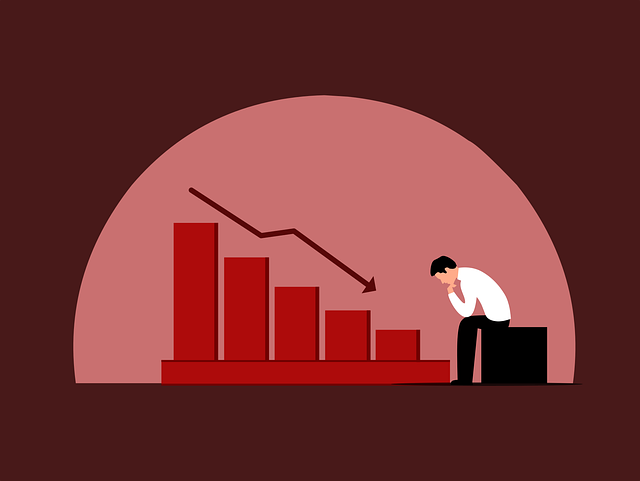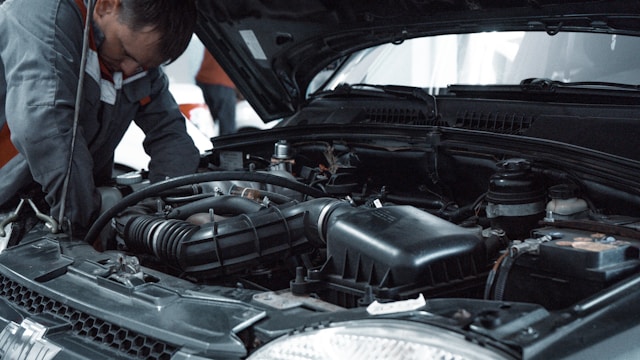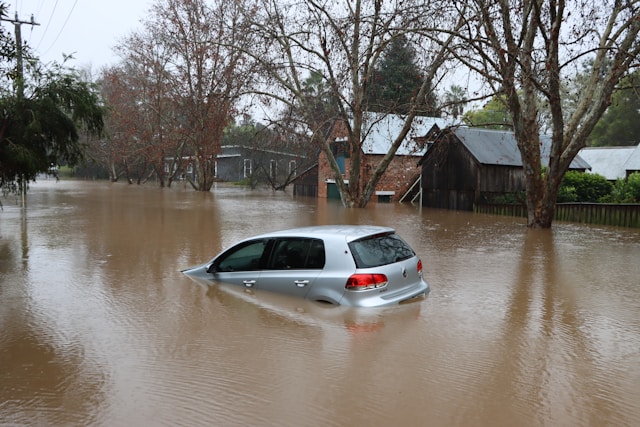Best Times to Use Your Emergency Fund in Malaysia
Building an emergency fund is an essential financial goal for every Malaysian. It is a safety net during unexpected situations, offering you peace of mind and financial stability. After months of disciplined saving, knowing when and how to use your emergency fund becomes crucial. Misusing it can expose you during actual crises while hoarding it unnecessarily might hinder your ability to address urgent needs. This guide will help you identify the best times to use your emergency fund responsibly.
1. Job Loss or Income Disruptions
Losing your job or experiencing a sudden drop in income can be stressful, especially if you are a freelancer or small business owner in Malaysia’s competitive market. An emergency fund acts as a financial cushion during these challenging times, allowing you to pay for necessities such as rent, groceries, and utilities while you search for new opportunities. Ideally, your fund should cover at least 3–6 months’ worth of living expenses. This buffer gives you breathing room to focus on finding a new job or rebuilding your income streams without resorting to debt.

2. Medical Emergencies
Medical emergencies are one of the most critical reasons to use your emergency fund. While Malaysia’s public healthcare system offers affordable treatments, private healthcare often incurs hefty costs. In situations where immediate care is needed, such as surgeries or specialized treatments, the waiting times at public hospitals might not be viable. Your emergency fund can help cover the expenses for private medical care or bridge the gap if your medical insurance does not fully cover the costs. Whether it is an unforeseen surgery or urgent specialist consultation, your fund ensures you would not have to compromise your health due to financial constraints.
3. Vehicle Emergencies
For many Malaysians, owning a car or motorcycle is essential for daily commutes and earning a livelihood. When your vehicle breaks down unexpectedly, it can disrupt your routine and potentially impact your income. Major repairs, such as engine failure, or urgent needs like replacing worn-out tires, justify using your emergency fund. While public transportation is an alternative in urban areas, it may not always be practical for those living in smaller towns or rural areas. Your fund ensures you can get back on the road without unnecessary financial stress.

4. Urgent Home Repairs
Unexpected home repairs, especially during Malaysia’s monsoon season, can strain your finances if you are unprepared. Roof leaks, plumbing issues, or damage caused by flash floods require immediate attention to prevent further complications. In such situations, your emergency fund can be used to fix critical issues promptly, ensuring your living conditions remain safe and comfortable. However, it is important to distinguish between emergencies and optional upgrades. Repairing a damaged roof is a necessity, but repainting your house is not.
5. Supporting Family in Emergencies
Malaysian culture emphasizes supporting family members in times of need. Emergencies such as a relative’s critical illness or funeral expenses might require you to step in financially. In such cases, your emergency fund can be a lifesaver, enabling you to provide immediate assistance without compromising your own stability. However, it is essential to evaluate whether the situation genuinely qualifies as an emergency. Avoid depleting your funds for non-essential requests or situations that others can manage independently.
6. Natural Disasters
Natural disasters such as floods or landslides can cause significant property damage and disrupt your life. If your home or belongings are affected, your emergency fund can help you address immediate needs, such as temporary relocation, essential repairs, or replacing damaged items. While insurance might cover some costs, payouts often take time, making your emergency fund crucial for addressing urgent requirements.

7. Urgent Travel Due to Emergencies
Unplanned travel is sometimes unavoidable, whether it is to attend a funeral, care for a sick relative, or handle pressing family matters. An emergency fund ensures you can book last-minute flights, arrange accommodations, and cover related expenses without hesitation. This is especially useful if the emergency involves interstate or international travel. To conserve your funds, consider budget-friendly options like low-cost airlines or carpooling when possible.
8. Education-Related Emergencies
Education is an investment, but unexpected costs related to schooling or further studies can arise. Situations like overdue school fees, replacing a damaged laptop, or paying for emergency learning materials may require immediate attention. Your emergency fund can ensure that your or your child’s education remains uninterrupted. Before using the fund, explore alternatives such as financial aid or installment plans to minimize the amount withdrawn.
9. Inflation-Driven Living Costs
Rising living costs in Malaysia can strain even the most carefully planned budgets. Essentials such as food, transportation, and utilities may become temporarily unaffordable due to inflation or unexpected price hikes. In such scenarios, your emergency fund can act as a temporary relief, helping you manage increased expenses until you adjust your financial plan. However, it is important to address the root cause of the shortfall and make necessary lifestyle adjustments to avoid relying on your fund for prolonged periods.
10. Legal Issues or Fines
Legal problems, although uncommon, can arise unexpectedly. Situations like settling fines, covering court-related expenses, or hiring legal representation for unforeseen disputes may require immediate financial intervention. An emergency fund can help you handle these costs without derailing your financial goals. While it is important to explore payment plans or alternative solutions, acting quickly is essential to prevent the issue from escalating further.
Protecting and Rebuilding Your Emergency Fund
Using your emergency fund wisely is only part of the equation. Once the crisis is resolved, rebuilding your fund should become a priority. Start by adjusting your budget to redirect savings toward replenishing the fund. Automating your savings with regular transfers can help you rebuild consistently without effort. Additionally, consider finding ways to increase your income, such as freelancing or selling unused items, to speed up the process.
Common Mistakes to Avoid
To ensure your emergency fund serves its intended purpose, avoid common pitfalls. Never use it for non-essentials like vacations or luxury purchases. Once you have used your fund, neglecting to replenish it leaves you vulnerable to future emergencies. Lastly, carefully evaluate whether a situation qualifies as an emergency before withdrawing money. Not every unexpected expense warrants tapping into your hard-earned safety net.
Conclusion
An emergency fund is a financial lifeline that every Malaysian should prioritize. By knowing when to use it and how to rebuild it, you can navigate life’s uncertainties with confidence and stability. Whether it is a medical crisis, job loss, or urgent repair, your emergency fund ensures you remain financially secure. Treat it with care, and it will continue to protect you when you need it most.